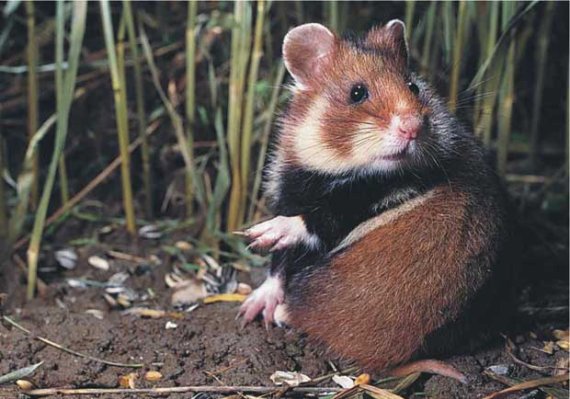Natura 2000 has thrown support for nature conservation in the Netherlands into disarray. This claim was made by Raoul Beunen and colleagues in an article in Land Use Policy. Beunen examined the influence of the Bird and Habitat Directives on nature conservation in the Netherlands. Natura 2000 is a collective term for a series of protected nature areas formed in order to implement these European directives. It is not a success story. Beunen calls Natura 2000 a textbook example of a ‘performance of failure’. In his view, Natura 2000 is responsible for the crisis in nature policy in the Netherlands. The problem does not lie with the directives themselves, however. In his analysis of the causes, Beunen points to a disastrous mix of miscalculations, strategy and chance. This started, he says, when the ‘Badger & Tree’ foundation successfully used the Habitat Directive to oppose a planned industrial estate near Heerlen. This was followed by a spate of similar court cases and Natura 2000 became synonymous with problems, bottlenecks and the obstruction of economic development. Beunen: ‘Because of that emphasis on court cases and the legal aspects, the focus came to lie on procedures. As long as they are OK, then the policy is fine, went the thinking. But that was a massive miscalculation.’ In an attempt to contain the dissatisfaction, the government came up with the idea of manage-ment plans. They were supposed to clarify the measures and their consequences for the locals (i.e. farmers and entrepreneurs). Another mistake, according to Beunen. ‘That only generated more frustration for all those involved. Everyone was allowed a say, but the objectives had already been laid down. There was often little or no scope for changing anything.’
The politics game
Politicians (especially those of the CDA or VVD parties) and lobby groups played on the dissatisfaction that arose in order to gain sympathy among their supporters. A battle for votes, then: making use of Brussels and European legislation. Misuse in fact? Beunen: ‘As a researcher you have to watch out with terms like that. Use or misuse – that depends on your point of view. For very many farmers the situation was problematic. So if you then say: we’ll solve it for you, that is a strategy that is part of the politics game.’ Lastly, there was an element of chance involved too. ‘Things just happen the way they happen. Whether a court case is won or not can set a chain of actions and reactions in motion that nobody can predict.’ As a result of all this, support for nature policy in the Netherlands has crumbled in recent years. How can that be rectified? Public confidence needs to be restored, says Beunen. ‘Start by investing in good relations with all parties again. Show that you are interested in the local stories. See who you need to have on board to get something done, and be open to their point of view. Look up local consultative bodies and make use of the scope there is for looking for area-based solutions.’ Nature management needs to get political again, thinks Beunen. ‘Don’t say in advance: that is forbidden in Brussels. Don’t pass on the responsibility but show that it is about making choices. You have to be open and honest about that.’ In spite of his hard analysis, Beunen is not at all negative about the prospects for nature in the Netherlands. ‘It is fascinating that besides all that frustration about nature policy, there is also a lot of interest in nature and landscape. There are a lot of people who want to contribute to it. If there is one important lesson we can learn from Natura 2000, it is this: nature management cannot be taken for granted; we have to keep on working at our support base.’

